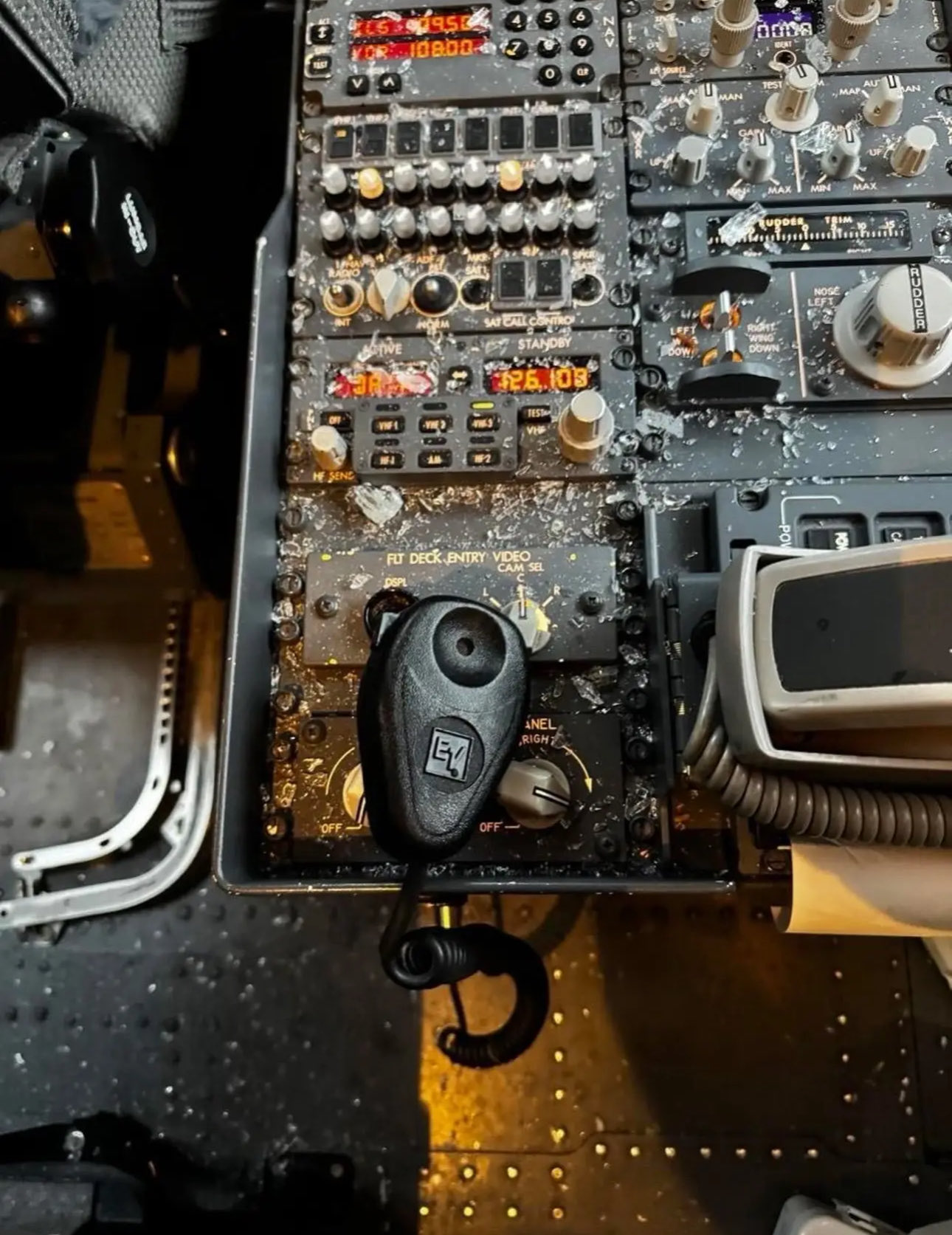Trade Dispute Sparks Fears of Car Plant Shutdowns and Record Prices!

Did you know that a little-known Dutch company could be the reason your next car is even more expensive than it already is? Nexperia, not exactly a household name, manufactures crucial chips for vehicles and now finds itself at the center of a brewing trade storm that threatens to shutter auto plants across the globe. Buckle up, because the implications of this situation could have a lasting impact on car prices and availability.
This drama began brewing last December when the U.S. Commerce Department slapped trade restrictions on Nexperia’s parent company, Wingtech Technologies, based in China. Fast forward to October, and now China's Ministry of Commerce has banned Nexperia China and its subcontractors from exporting essential components manufactured in the country. This led the Dutch government to step in and take control of Nexperia, signaling just how serious the situation has become.
But why should you care about a chip manufacturer? Because Nexperia produces a staggering 40% of the automotive chips that include transistors and diodes, which are crucial for everything from adjusting your seat to ensuring your car stops on a dime. If Nexperia’s chip production halts, it could lead to auto plants shutting down, just like what happened during the pandemic when a chip shortage caused major disruptions in the auto industry.
As it stands, the looming fear of plant shutdowns is palpable. John Bozzella, the CEO of the Alliance for Automotive Innovation, expressed deep concerns about the potential for auto production to be severely impacted if chip shipments do not resume quickly. He stated, “It’s going to disrupt auto production in the U.S. and many other countries and have a spillover effect in other industries.”
And he’s not alone in his worry. The European Automobile Manufacturers Association warned that even with efforts to diversify supply chains, many companies will face delays of months if they need to find new sources for these critical components.
Nexperia is not just a small player; it ships an astonishing 110 billion chips annually, employing about 12,500 people across Europe, Asia, and the U.S. The company claims it's working on business continuity plans and remains hopeful for a resolution, but the clock is ticking.
Meanwhile, consumers are already feeling the heat, with the average price of a new car in the U.S. topping a staggering $50,000 for the first time, in part due to tariffs and supply chain issues. The automotive industry, which is now more dependent than ever on these chips, may soon face a perfect storm of increased prices and diminished supply if a solution isn’t reached soon.
This ongoing saga is more than just a corporate spat; it’s a stark reminder of how interconnected our global economy has become and how quickly things can turn from bad to worse.


























